It is time for risk managers to raise their heads within their organisation, Airmic chief executive John Hurrell says
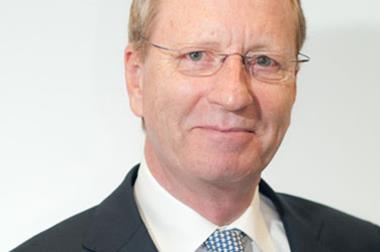
There has never been a better time for risk professionals to start thinking more strategically and become more visible within their organisation, Airmic chief executive John Hurrell said yesterday when opening the Airmic conference in Birmingham.
Hurrell based this statement on a major piece of research Airmic has carried out, which reinforces the theory that the profession is in a state of transformation.
“There’s never been more opportunity, but then again never been more threat than at the present time. The world is moving at a very fast pace and the world of risk management and insurance is moving at a similarly fast pace. Members need to think through how they maximise the opportunities and effectively minimise their personal downside.”
In his opening remarks, Hurrell highlighted the five key findings of the survey.
Firstly, risk is clearly established as a boardroom agenda item. “However, there is a perception from the boardroom that many risk managers are focused on prevention rather than as an enabler of the business. I think our profession has to think how it presents itself and behaves more as a risk enabler rather than as a risk preventer, to align itself more effectively with business,” Hurrell said.
The second thing is that the risk landscape is moving faster than ever before, which requires a breakdown of the silo mentality within any organisation. Risk managers are in a very good position to bring together different departments such as legal, IT, operations and PR, to ensure they think through the integrated impacts of risks, rather than just sitting within their own silos, Hurrell stated.
The third key finding is that the insurance industry has to work harder to minimise the risk of losing some of its relevance, as more and more board level risks no longer have an easily insurable solution. Cyber is the obvious one where insurers are moving rapidly to address customer needs, Hurrell said, but there are a lot of intangible risks which are much more difficult to insure and that’s something which, if the insurance industry wants to maintain its relevance, it will have to address.
Fourthly, the research notes a dramatic increase in the availability and usability of data. Airmic is urging their members to really think through how they access this data, how they use it and how do they analyse it to help them manage risks and drive better conversations with their insurers.
The research also found a need to access unbundled specialisation or specialised risk advisors, which Airmic members believe sit somewhere within the insurance industry, who could add real value, but they are not necessarily related to an insurance transaction.
In his last speech as chief executive of the UK risk management association, Hurrell also introduced his successor John Ludlow, who will address the delegates in a speech at the closing of the conference Wednesday afternoon.





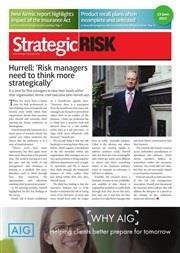






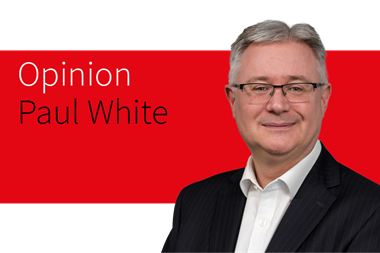


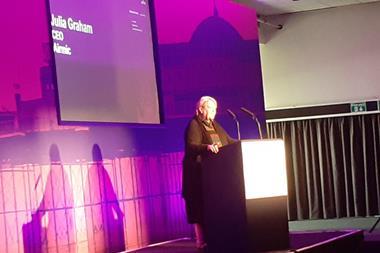
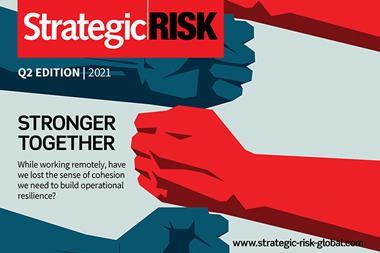



No comments yet